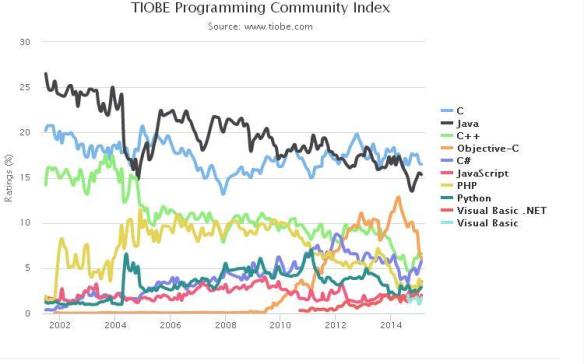
We are few a weeks away from the General Election 2015, and for any UK business this can be an uncertain time, however as Computer Weekly has described, this will be our “first tech-aware” General Election, making this particular one all the more interesting.
The Technology industry is one of the strongest sectors in the UK’s economy, and is one political parties are placing great focus on. From the growth of UK SME and Start-ups, and the possibility of the UK leaving the EU, there are plenty of reasons for voters to question parties on just how their reforms will affect this sector and how they will continue to support it.
Computer Weekly, TechUK and BCS – the Chartered Institute for IT, recently held a debate with the Conservative, Labour and Liberal Democrat parties looking at their technology manifestos for the UK.
When asked about supporting technology start ups:
Labour shadow Cabinet Office minister for digital government Chi Onwurah called for greater support to help startups break into international markets. She said: “At a government level we need a louder voice in international forums.” Onwurah said there was also a need for government to support and help companies build trust between buyers and sellers in international markets. The Liberal Democrat perspective from Julian Huppert called for more support from venture capitalist stating “we need a low-risk environment so tech companies can fail.”
Support for start up’s and SME’s is abundant in the UK, with over 100 Government backed initiatives which have been broadly supported and look set to continue beyond May, regardless of who comes into power.
Labour says that, if in government, it will set up a small business administration (SBA), similar to the US Small Business Administration, to support business growth and ensure access for SMEs to government schemes. The Coalition has launched growth vouchers for SMEs and they are expected to continue if the Tories, with or without the Lib Dems, return to power. Similarly the SNP’s manifesto places great emphasis on helping small businesses to thrive, with a number of policies focussing on their specific issues.
The number of people starting up businesses is currently at record levels with more than half a million businesses started last year. Tech start ups have accelerated at an incredible rate post recession and have fuelled technology hubs all over the country. These hubs are nurturing our technology talent, harnessing this potential and cementing UK technology businesses as serious technology contenders on a global stage. As the Telegraph says “there is an awareness that it would be foolish to tamper too much with the current entrepreneurial climate that has enabled that to happen.”
Moving on to technology skills:
Although the current government has helped to boost digital skills with a number of policy changes, including an overhaul of the school curriculum, more needs to be done. A recent House of Lords Digital Skills Report looking at this issue concluded that digital skills will “make or break the UK” and underlined that whoever forms a government in May will have to make addressing this issue a top priority.
In the run-up to the UK General Election, The Campaign for Science & Engineering (CaSE), wrote to each Party and asked them to comment on their manifesto commitments towards the science and engineering sector. (You can read each of their responses here).
The good news is that each party does recognise the importance of continuing to support these sectors and improving technology education and training for the UK workforce.
Immigration and talent
Working with a range of international businesses, UK SME’s, and Starts up businesses, the laws on immigration and the ability to hire technical talent overseas is an area which we can see having a big impact on the industry. What these businesses, and the industry, really require is greater access and ability to hire skilled talent which is simply not available in the UK right now. What we are struggling to see is any party really addressing the current issue in any great detail. The BBC’s overview of each political parties manifesto does describe Labour’s intention is for “smarter targets to reduce low-skilled migration but ensure university students and high-skilled workers are not deterred”, whilst SNP aim to “introduce a Canadian-style earned citizenship system to attract highly-skilled immigrants.”
A report recently published by the Migration Advisory Committee, the Government’s independent immigration advisory body, found that “British tech start-ups are at a particular disadvantage due to existing visa rules. It also recommended that several digital roles should be added to the Shortage Occupation List to help tackle skills shortages.” More needs to be done to ease the pressure of the skills gap and allow business to hire overseas talent, or retain international graduates who have studied at UK universities. It is the hopes that whichever party does come into power in May they recognise this and its importance to the industry.
Come what May post election, we hope that the UK technology industry continues to receive support of start-up businesses and SME’s, an increased focus on digital skills to arm the next generation of workers with the skills needed for a prosperous tech industry, and improved immigration policies that allow technology businesses to hire key skills required to continue to drive the UK as leading force in the global tech industry.

Subscribe to the blog or follow us on:
























